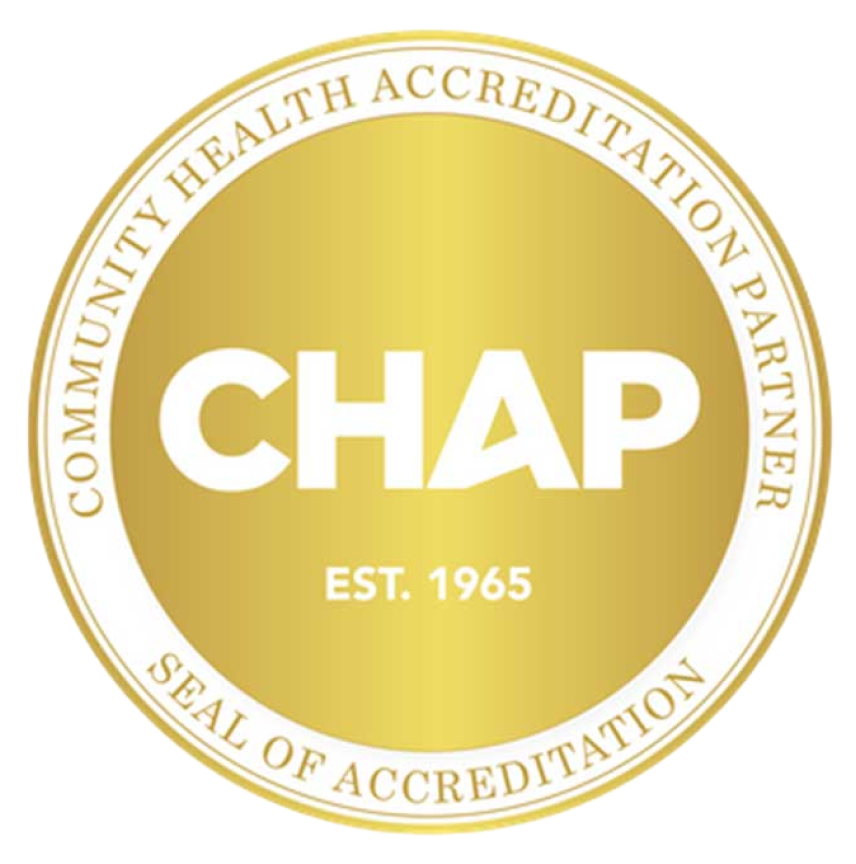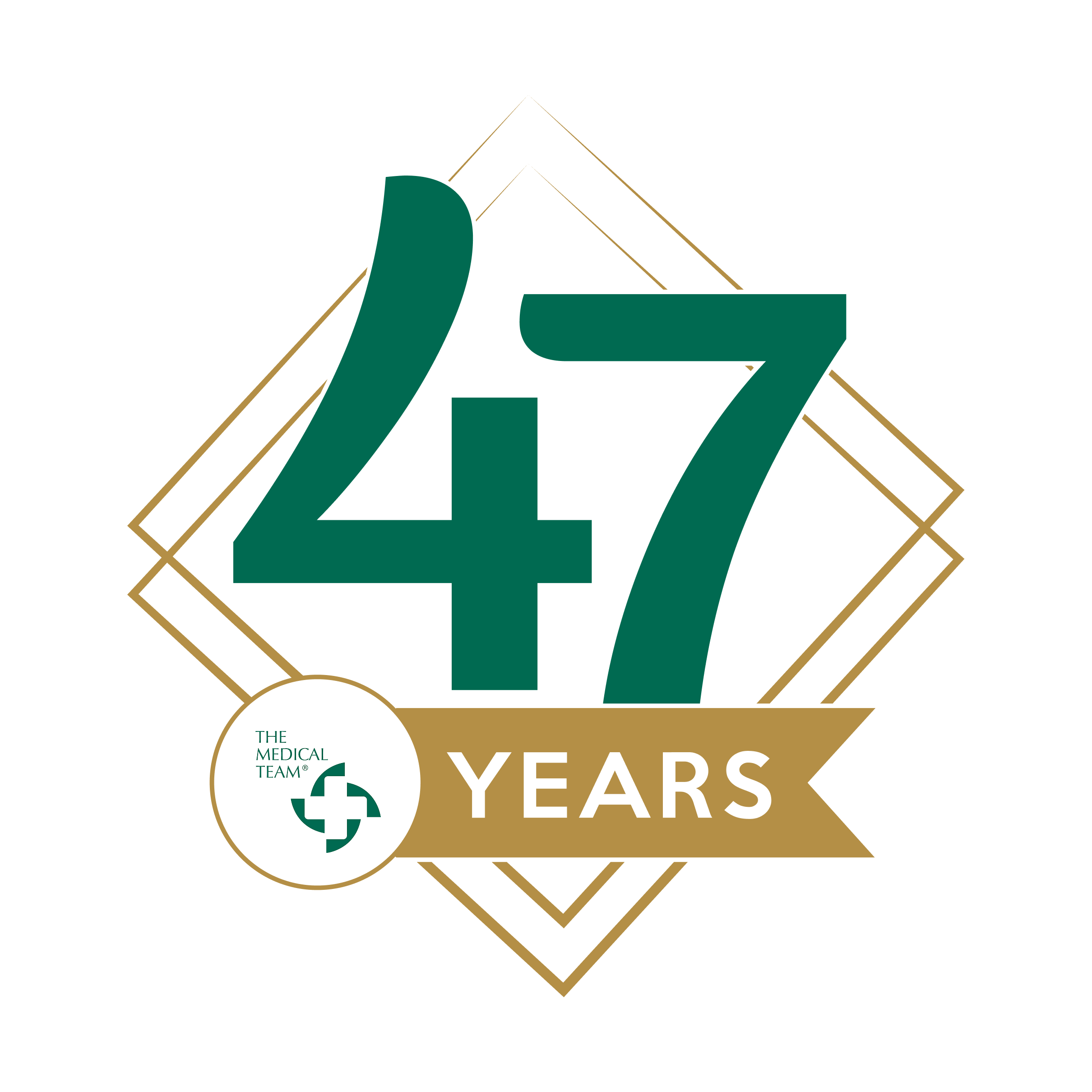With the majority of older adults taking multiple prescriptions – on average, as many as 14 different medications – it’s important to understand the potential side effects and interactions, and to reduce the risk of overmedication in seniors.
While prescriptions are meant to improve health, without close monitoring, they can have the opposite effect. According to the CDC, older adults (65 years or older) are twice as likely as others to visit emergency rooms because of a drug related complication or overmedication and nearly seven times more likely to be hospitalized after an emergency visit.
To help keep seniors safe, these tips from the American Geriatrics Society’s Health in Aging Foundation can help:
- Make (and regularly update) a list of all medications. Keep a current list of all medications – prescribed, over-the-counter, supplements, vitamins, etc. – including dosage amounts, and share with all of the senior’s medical providers. It’s a good idea to keep a copy with you as well, in the event of an emergency.
- Follow doctors’ orders. For a variety of reasons, older adults may steer away from taking medications exactly as prescribed. Some may crush up medications due to an inability to swallow pills, which can lower the effectiveness of the medication. Or cost may be an issue, leading them to cut back on the amount of the medication taken. It’s imperative to adhere closely to what the doctor has prescribed, and to talk with the doctor about any issues that may make that difficult.
- Review regularly, and ask questions. Review with the physician at least annually, or more often if desired, all medications being taken, the need to continue them, and the potential for modifying the regimen. Bring a list of questions for the doctor, such as:
- What are the long-term benefits or effects of taking each medication?
- What interactions between these medications might be encountered?
- How long will each prescription need to be taken?
- Is it ok to take over-the-counter meds, vitamins, etc. with these prescriptions?
- Are there alternative, drug-free treatment options available?
Keeping these tips in mind, and maintaining ongoing, consistent communication between the senior, physician, and other medical personnel about any medication concerns, can go a long way in reducing the possibility of senior overmedication complications.
If the seniors you know could use a helping hand with implementing these tips and enhancing their health and wellbeing both physical and emotional, contact THE MEDICAL TEAM. We’ll provide a free in-home assessment to determine the most appropriate private duty services. From home health and homemaker services, to physical, occupational or speech therapy, to social worker services and more, we customize care plans specific to each senior’s needs, and are here to meet your needs as well, any time.
For more assistance in keeping seniors healthy and well, contact the in-home care experts at THE MEDICAL TEAM. We can provide a wide range of customized senior care services right in the comfort of home, to help ensure seniors take medications as prescribed, follow a balanced diet, remain physically active and socially engaged, along with a full range of skilled nursing, therapy, and social work services.
Serving New Orleans, Detroit, Austin, Dallas, and the metro DC area, contact us to learn more from our professional in-home care specialists about avoiding senior overmedication and other complications.



